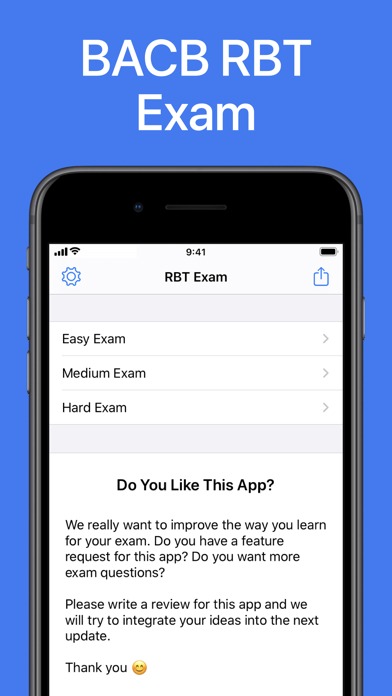The International English Language Testing System, more commonly known as IELTS, is a vital certification for non-native English speakers aiming to study, work, or migrate to English-speaking countries. This test not only assesses your proficiency in the English language but also opens doors to numerous opportunities globally. To successfully conquer this crucial examination, understanding its structure and honing your skills are paramount.
Understanding the IELTS Exam Structure
Listening
The Listening section is comprised of four recordings of native English speakers. Test-takers must answer questions ranging from multiple-choice to sentence completion.
Reading
Unlike the Listening section, the Reading part varies depending on whether you are taking the Academic or General Training version. Both consist of 40 questions but differ in the type of content.
Writing
The Writing section entails two tasks. Task 1 requires you to describe visual information, while Task 2 involves essay writing. This section assesses your ability to articulate ideas clearly and coherently.
Speaking
The Speaking test is a face-to-face interview with an examiner that evaluates your spoken English proficiency across various aspects such as fluency and pronunciation.
Top Tips for Effective IELTS Preparation
Preparation
- Understand the Format: Familiarize yourself with the test structure and types of questions in each section.
- Practice Regularly: Take practice tests under timed conditions to improve your speed and accuracy.
- Enhance Vocabulary: A rich vocabulary is crucial for the Reading and Writing sections.
- Improve Listening Skills: Listen to English through podcasts, news, and films to better understand various accents.
- Speak with Native Speakers: Regular conversations with native English speakers can boost your confidence and fluency.
For more comprehensive guidance and resources, exploring specialized programs and courses can be greatly beneficial. One such option is the IELTS courses offered by reputable institutions.
FAQs
What is a good IELTS score?
A “good” IELT score depends on your goals. For academic purposes, a score of 6.5 to 7.5 is widely accepted by universities.
How long does it take to prepare for the IELTS?
The preparation time varies. On average, it can take anywhere from 6 weeks to 3 months.
Can I retake the IELTS?
Yes, you can retake the IELTS as many times as you need. There is no restriction on the number of attempts.
Achieving success in the IELTS exam can markedly enhance professional and educational prospects. Thorough preparation and a strategic approach to tackling the various sections can pave the way for outstanding results.



